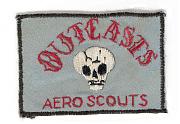You know, the invasion in Normandy and reconquering of France was not an all-U.S. effort... the empire's air power over France '44 was greater than what the Luftwaffe had on disposal at its best times, too.
Montgomery's forces were still known to be rather slow during their advance.













Bookmarks